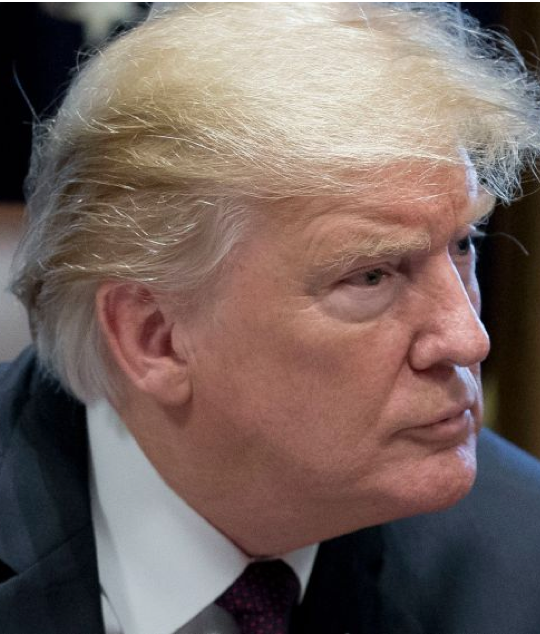February 15, 2019

One reason the US Supreme Court found President Trump’s travel ban legal was because the Administration touted its system of waivers that would allow people from the countries impacted by the ban to apply for exemptions for many reasons. But complaints are rising, saying that the waiver program is largely for show with few waivers being granted,
Democratic Senator Chris Van Hollen of Maryland said on Twitter in June that the State Department had notified him that as of April 30, 2018, only 579 waivers had been approved out of 33,176 applications – roughly 2 percent.
As of November 30, 2,396 applicants from the seven banned countries, including Iran, had been cleared for waivers to enter the US, according to the Department of Justice. But it didn’t say how many people had applied for waivers.
Despite the hardship that families are complaining about, the Administration and its supporters argue that the ban has made Americans safer.
Todd Bensman, a senior national security fellow for the anti-immigration Center for Immigration Studies, said the Trump Administration chose the seven countries on their inability to assist the US with vetting visa applicants—or, in the case of Iran, its unwillingness to assist. The other countries are Libya, Somalia, Syria, Yemen, North Korea and government employees from Venezuela.
In some cases, like Iran, their police agencies don’t have a good relationship with the US, while in other cases the countries simply lack the infrastructure and record-keeping to verify that people are who they say they are, Bensman told the Daily Mail.com.
The United States, for example, wants to know if a visa applicant has a criminal record or has ever been questioned about terrorist actions.
The challenge for the Trump Administration is that it’s impossible to prove the ban has prevented a terrorist from entering the country and doing harm to Americans, Bensman said, adding, “There’s no measure for something that doesn’t go boom.”
Leon Rodriguez, a Washington, DC-based attorney and the former director of US Citizenship and Immigration Services under the Obama Administration, disagreed with Trump, telling DailyMail.com the US is “not any safer than we already were at the time these steps were implemented.”
He said, “The assumption is that prior to the implementation of that ban our vetting procedures were inadequate and that, therefore, we were admitting dangerous people who would go on to do some harm to the United States. There has not been a single instance [since Barack Obama took office in 2009] … where anybody admitted as a refugee as an adult either was an active terrorist in the United States or engaged in a conspiracy in the United States.”
Instead, the ban has had a “human cost,” Rodriguez said.
Sima Alizadeh, an immigration attorney with the California-based Pars Equality Center, said she has seen that cost first hand with her mostly Iranian clients.
“It’s been roughly one year that we’ve been filing waivers for clients to try and come and a very small percentage … of people have been able to come to the US,” she told DailyMail.com. ‘I’ve had cases where people were terminally ill and not able to come in.”
One of her clients is an elderly woman with terminal cancer whose three children are seeking a tourist visa so they can be by their mother’s side as she dies. Alizadeh said she has seen countless similar situations, including cases of husbands and wives being separated indefinitely because one spouse has US citizenship or a Green Card while the other does not.
There may still be hope for families affected by the ban in the form of a lawsuit, filed in the Northern District of California in July – after the ban was upheld by the US Supreme Court.
The suit – brought by visa applicants and US citizens and permanent residents with family members who are visa applicants – isn’t challenging the constitutionality of the ban, but seeking answers from the Trump administration about how it grants—or rejects—waivers under the ban.
The waiver process has lacked transparency, and the suit claims the administration must justify the seemingly large volume of waivers that are being outright denied.
As presented by the Trump Administration, the ban was never supposed to automatically veto most applications.
Instead, consular officers in affected countries were supposed to weigh three criteria when reviewing waiver applications: Whether applicants would suffer “undue hardship” by being barred from entry to the US; whether their entry would harm national security or public safety; and whether it was in the “national interest” of the US to grant a waiver.
Applicants meeting all three criteria are supposed to be granted a waiver.



















